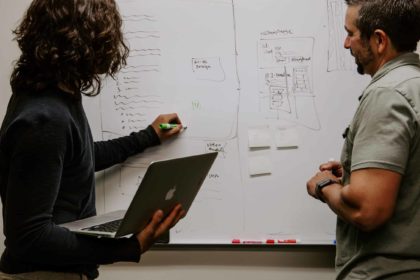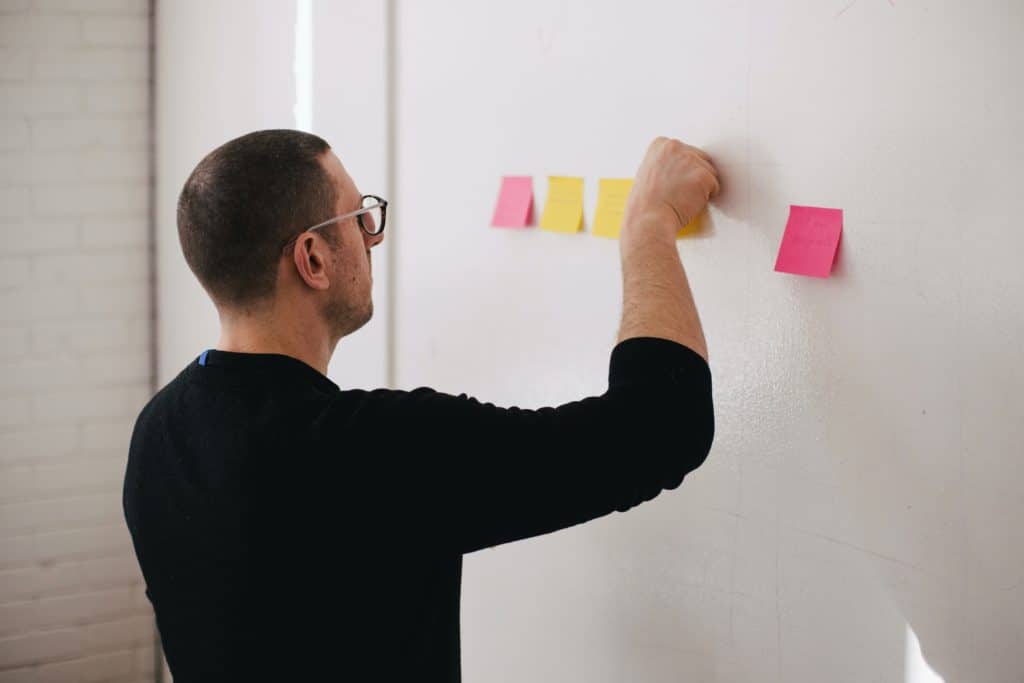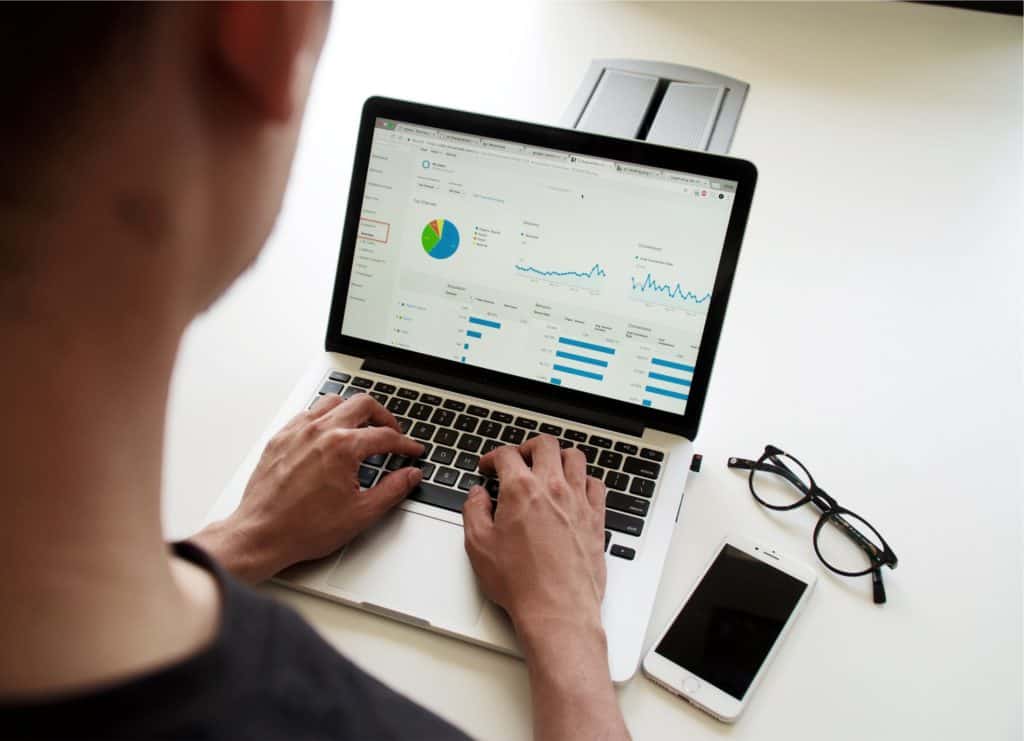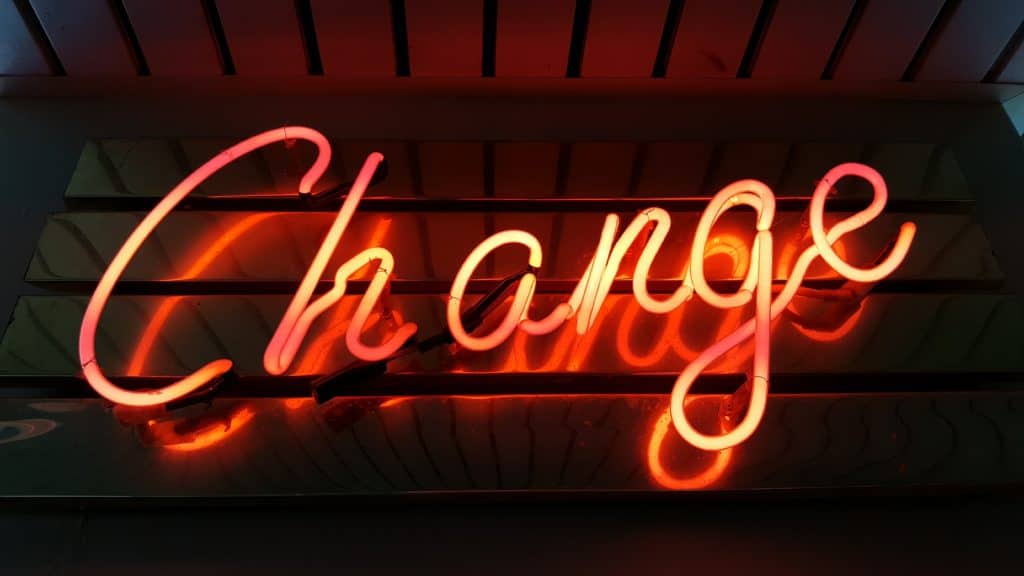
Some risks are a sign of the times, but some risks are timeless for startups.
We interviewed founders of startups and small businesses about the risks they see their businesses facing in 5-10 years.
In such uncertain times, taking risks should pose serious concerns. With the economy so unstable right now due to the pandemic and so many markets turned upside down, it is reasonable that many startups and small businesses are nervously looking into the future to see what risks they may encounter.
In this article, we will present several risk factors to take into account when doing business and focus those risks specifically on startups.
Risks Faced by Startups and Small Businesses
There are risks that are consistent and will always be a factor facing small businesses, and there are less predictable timely risks. Either way, businesses need to be able to combat and pivot their plans and positions to mitigate any risk down the road.
Last 2020 we hosted a live-streamed panel discussion on whether a startup should consider a pivot in their business model following recent COVID-19 developments.

There are two types of risks that founders always have to trade-off between market risk and execution risk.
Market Risk
Market risk is the risk that people may not want what you are providing. This is a simple risk that what you think is valuable and in high demand, will not be popular with consumers. Included in market risk are product, scale, competition, timing, and legal risks.
Execution Risk
Execution risk is the risk that you may not be able to execute your ideas better than your competition. Included in execution are team, product, and fundraising risks.
Both risks present a very serious, potentially ruining risk. However, in order to be successful, as a founder, you must take these risks. Otherwise, you will never be able to grow your business to be successful against any kind of competition.
The longer it takes a founder to adapt to the market risk, the harder everything else with your startup will become.
Market risk and execution risk are the two most important risks a founder must take, but those two are not an exclusive list.
Other types of risks include:
- Scale risk – is the market big enough for your product?
- Competitive risk – what is the competitive landscape and who are your main competitors?
- Timing risk – is this the right time to launch your product or services?
- Legal risk – are you abiding by everything in the regulatory environment?
Some of these risks are more serious and overhead than others are, but none of these risks are not important. Not all risks present the same worry, but startup founders and small business owners need to be sure that they thoroughly think about all of these risks.
Risks are a necessary part of the success of a startup, founders should embrace these risks instead of aiming to eliminate them.
From the eyes of investors, however, tend to focus on some risks more than others.
When looking into investing in a startup or a small business, especially at an early-stage, investors will lean towards investing in companies with a high market risk but a low execution risk.
If an investor is choosing a company to invest in, they want to be confident in that company’s ability to execute their plan, products, and services.
In other words, investors in an early-stage startup invest in the founders looking to validate the “founder market fit“.
Our validation approach to “founder market fit“.

Andrea Ahern, Founder of Mid Florida Material Handling, wrote to us about her concerns about risks her business will face in the future. As a material distribution business, Ahern’s business has been successful and has seen progress throughout its 11 years of operation.
Though she has seen consistent and impressive growth, Ahern is not completely confident in the future of Mid Florida Material Handling.
While the future of our business is exciting, there are some risks that we’ve identified. I think the biggest threat is the invention of new technology that makes some of our existing product offerings obsolete.
For example, standard forklifts that use an operator are most likely going to begin to be replaced by automated forklifts.
Material handling carts, pallet jacks, and other material movement equipment will eventually be replaced by automated guided vehicles.
At some point, the market risks for secure businesses are going to have to face the new threat of AI. Like Ahern, all founders and CEOs of businesses should be thinking of the potential role of AI in the future and what new risks pose to their operations.
More Risks All Businesses Will Face
Risks that present themselves to all businesses regardless of size and market area will see are abundant. In an article from Statista, there are a few risks that presented themselves consistently to many businesses throughout 2020.
- 39% of global businesses were at risk of cyber incidents like data breaches, IT failures, and other tech failures.
- 37% of global businesses were at risk of supply chain interruptions.
- 27% of global businesses were at risk from changes in legislation and regulation, disrupting their plans and processes.
- 21% of global businesses were at risk from market volatility.
These risks are more of a sign of time. The pandemic has changed life as we know it, especially for many businesses.
As regulations and legislation changed to protect the world from the Coronavirus, many businesses struggled to keep their doors open with reduced capacity and a significant decrease in profits.
Risks will always change with the times. For example, the threat of natural disasters has posed a new threat to businesses across the United States. In California, business owners have to worry about an increase in wildfires burning down their entire business.
The fires, like most another climate change-induced natural disasters, involve a complex web of climate change, and human activity that devastated the communities they appear in.

The risks that these threats pose are unlike anything businesses have had to deal with before, posing potentially detrimental effects to business losses, property damages, and declining forest biodiversity.
As risks like Coronavirus and climate change continue to impact our world, it is clear that businesses are going to need to be able to deal with a changing world.
There are continuously changing environmental conditions and changing global health conditions that will require businesses to act quickly. These risks, of course, are unavoidable and necessary risks that startup founders and business owners must take and train management in recognizing them.
The restaurant and hospitality industry is one that has, of course, taken an enormous hit this year. Devan Cameron, Chef, and owner of the website Braisedandglazed.com gave us some of his thoughts on what he thinks is going to happen to the restaurant industry in the next 5-10 years.
5-10 years is a long time but we can already make an educated guess from the past trends of the hospitality industry.
Finding the right staff in restaurants has increasingly become more difficult every day.
An industry that was already “on the ropes” has become even more crippled from the shock of COVID-19. And it is not looking better in the future.
It is already a very unforgiving industry and it is clear that owning a restaurant during a pandemic is not fun. My guess is that even fewer people will want to sign up for culinary degrees after this because the reality of owning a restaurant during a pandemic is a scary thought. Either that or restaurants have to develop an effective food delivery backup plan.
An article from Axa outlined many of the risks that businesses and companies of all sizes will face in the coming years. Included in those risks are, of course, climate change and global health issues like the pandemic, but also the absence of global cooperation.
In the absence of global cooperation, there is the risk of creating different standards of AI, producing new complications, and increasing fragmentation and complexity throughout the world.
As we get smarter as a society, we are forced to solve new issues we did not even have to think about before.
For all businesses, it’s not just about keeping up with trends, but predicting future trends and being able to adapt extremely quickly.
Sarah Theobald, Founder and CEO of Sarah Theobald Virtual Assisting, LLC, talked to us about her frustrations with how quickly the trends in her industry are changing.
I believe the biggest risk of my business is that marketing and technology are constantly changing.
As someone who spent a lot of time learning the Instagram algorithm, graphic design principles, etc. it seems a little disheartening that in 5 years, all of this may be obsolete.
I am already seeing Instagram and Tiktok fading, and Clubhouse coming front and center. The biggest key to maintain a strong business is to continuously expand your education.
Keeping up with the latest trends is important in my position, but also staying true to the principles that Marketing and Consumer Psychology can teach us is very valuable as well.
Investing time in both learning the new and deepening our understanding of the pre-existing, or even the background, will minimize any risk.

For industries like marketing and virtual assistance, keeping up with trends means everything. You have to be on top of emerging trends and be able to quickly learn new trends.
Like Theobald, Rex Freiberger, CEO of Gadget Review wrote to us with some frustrations he feels with the expedited evolution of technology.
One of the biggest potential risks to our business is a major shift in the Google algorithm. While it has been some time since the last huge update, Google has shaken up the world of SEO many times.
Staying up to date with SEO practices is one of the most important methods and practices to getting your business noticed in a large, competitive sea of other companies.
When these practices rapidly change, you need to be able to adapt and change as quickly as new practices emerge. Otherwise, your business can drown in the Google algorithm.
Tim Hill, founder and CEO of Social Status responded to our question with a similar sentiment to Theobald and Freiberger. The biggest risk to Social Status in the next 5-10 years is behavior change.
Our business is built on all the mainstream social media channels so we rely on the industry to remain active, vibrant, and growing.
If people start changing their behavior and opting for closed messaging channels or using niche apps, this will impact and fragment the social media landscape.
In turn, this will divert ad spend away from social channels and marketers will be less inclined to measure and report on ROI. While I believe the risk is small, it is not unfeasible to consider this scenario.
Changing behavior in humans and changing technology poses an unprecedented risk and stress to startups and small businesses especially.
Changing motivations and business models to adapt to these changes is important, but it is extremely difficult.
Predicting what is to come is impossible to do with complete accuracy, but foreseeing and acknowledging that there are some new emerging risks is important for any founder or CEO to attempt to do so.
How you can Reduce Business Risks
Many of the risks that startups and small businesses face are unavoidable, but that does not mean that they have to be catastrophic and extremely difficult to navigate.
According to Strategyzer, here are 5 ways that startups can reduce risk and uncertainty.
- Don’t waste time on a business plan at the beginning of your venture
- Start testing the riskiest assumptions: what is the most important thing that needs to be true for your idea to work
- Start with cheap and fast experiments when uncertainty is high and invest more when there is a decrease in uncertainty
- Optimize your experiments for learning, do not build a smaller version on what you intend to eventually build
- Building your business can only start after you find the right value propositions and business model

There are ways to mitigate your risks and navigate the complicated landscape of startup and business development.
The most important way to do so is to build a solid foundation of your business that allows for plenty of room to adapt and change your business plan before it is too late.
Whether or not you are anticipating any specific risks to threaten your business in the next 5-10 years or you are anticipating a steady change, it is important to make sure that your business is able to adapt to change.
In a changing world, adaptivity has never been more important.



